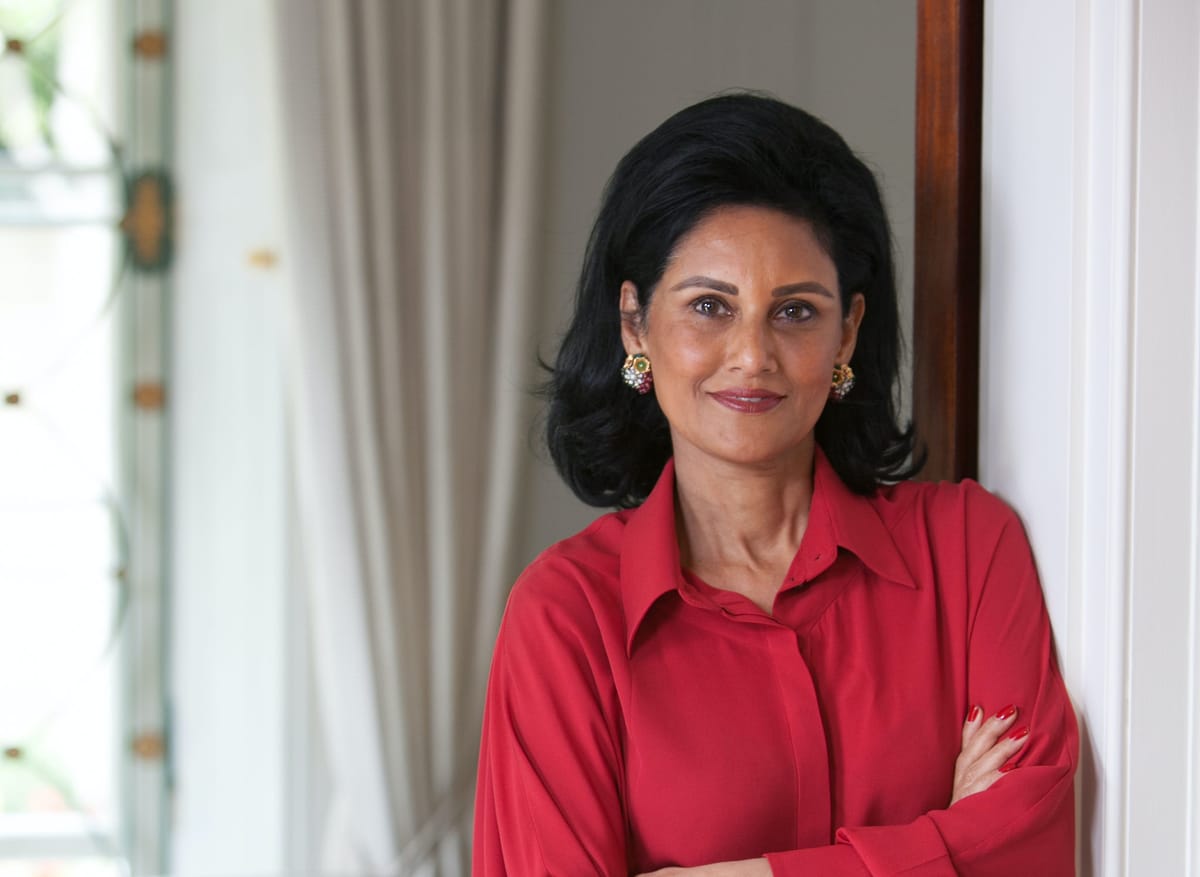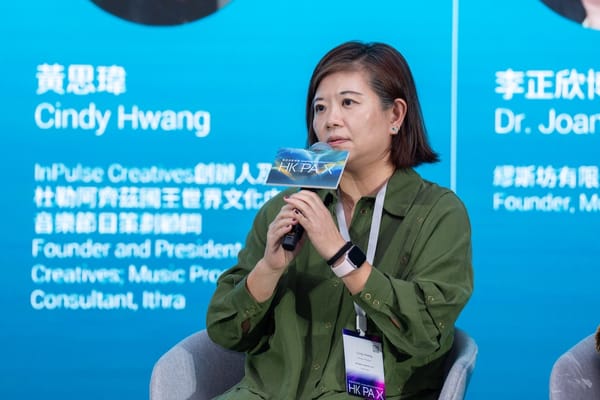“The power of art rests in its ability to evoke a wide range of emotion” – Alka Bagri: In conversation

The Bagri Foundation was established in 1990 to provide support for education, healthcare and relief work. Its founder, Lord Bagri, CBE, believed in a collective responsibility to give back to society. He saw education as a great enabler; a means of empowering individuals and bringing communities and ideas together. His daughter-in-law, Alka Bagri, became involved in the Foundation in 2010 following her Doctorate in Indian Miniature Painting and sought to bring an arts and cultural dimension to its existing activities.
Serenade Team: The first scholar of the Bagri Foundation Scholarship for Music is Indian born pianist, Anuvrat Choudhary. We, in India, have been following his career with some interest as he has won several awards and competitions across the country. What are the foundation’s expectations from this young man?
Alka Bagri: One of our main objectives at the Bagri Foundation is to provide a platform to talented artists to develop their artistic skill, enabling them to reach their full potential. Anuvrat is a representation of Indian talent on an international stage. We believe that his two years at Trinity Laban will afford him the opportunity to further his musical repertoire, challenging him and giving him the artistic license to grow. Our aspiration for him, beyond this, is that he becomes an ambassador and role model for others and inspires the next generation of musical talent in India.
ST: How has the Bagri Foundation’s vision developed since its inception?
AB: Whilst our ethos remains rooted in education and continues through scholarships and fellowships – as seen at Trinity Laban – our arts programme seeks to inspire and share learning, providing a space for expertise, new experiences and unique ideas. Examples of some of our programmes include Illuminating India at The Science Museum, the Gandhara Connections project at The University of Oxford, the Tantra exhibition at The British Museum, and our support for the international podcast 99% Invisible.
ST: Liberal arts education has been gaining attention in India with a couple of institutions being set up and more potentially on their way to being established. What are your thoughts on this trend in the education space?
AB: Art and culture are an integral part of life in every Indian household. However, what appears to have been missing is a formal education in the arts. It is encouraging to see such positive developments in India with institutions providing a more integrated and multi-disciplinary approach to learning. The study of art needs to play a more central part within our education system, a reminder of our extraordinary history and heritage. Ultimately, the success of these institutions lies in creating a strong infrastructure, and accessibility through scale.
ST: How do you feel that the arts uplift people especially during difficult times?
AB: The power of art rests in its ability to evoke a wide range of emotion – it can uplift, inspire, illuminate, heal, as much as anger or disgust. Irrespective of emotion, however, it brings people together and in doing so, provides a shared platform of expression. Art also allows for escapism, affording individuals and audiences the opportunity to engage with something bigger and deeper, self-reflection, imagination and appreciation of beauty.
‘Art washes away from the soul, the dust of everyday life’ – Pablo Picasso.
ST: Who are your biggest influences?
AB: I have been fortunate enough to have had extraordinary teachers, who have ignited my love for art. There are too many to name, but I will always be grateful to Robert Skelton and Andrew Topsfield for their tremendous insights and generosity. They not only taught me academic rigour but inspired me to look beyond the realms of a textbook. This encouraged me to broaden my understanding of arts and culture from a multitude of perspectives. Our programmes such as “Strauss Reflected”, “Sukanya” and “Utsav – Back to the Blues“ reflect this approach.
ST: What do you enjoy listening to?
AB: My favourite music to listen to, is old Hindi film songs from the Golden era, filled with beautiful poetry and master instrumentation. In more recent years, my daughters, Aditi and Amisha, have introduced me to different types of music – including hip-hop, funk, spoken word, fusion and Western classical – exposing me to stories, culture and sounds from all around the world.





